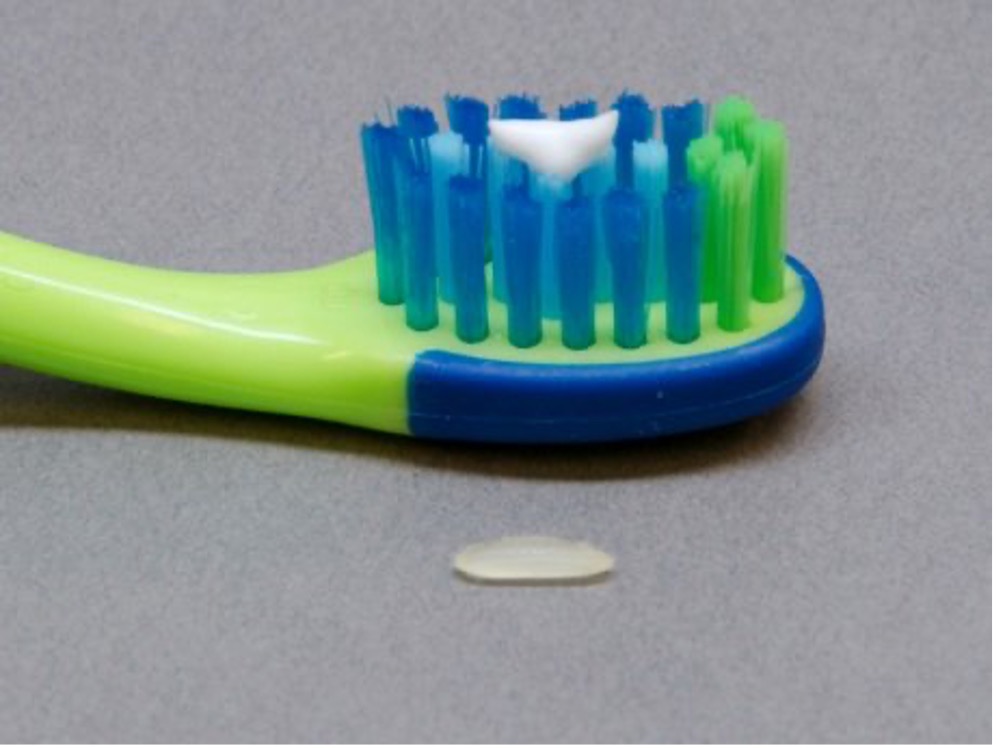February is Children’s Dental Health Month according to the American Dental Association (ADA). As a dental practitioner of 34 years, I believe educating the public is a critically important service we should provide.
There is no greater time than now to promote good oral hygiene practices and prevention. Developing good dental health habits give children a great start on a lifetime of healthy teeth and gums. The ADA has chosen this year’s campaign slogan to be “Brush, Floss, Smile!” Thousands of professionals, healthcare providers and educators all across America and The Bahamas collaborate to promote the benefits of good oral health.
Tooth decay Is the most chronic childhood disease.
Every child is at risk. The enamel (hard outer layer) is much thinner and softer on baby teeth, making them at greater risk of decay. The good news is that tooth decay, although prevalent is preventable.
Baby teeth help children to eat and speak. They also guide the permanent adult teeth into position, so it is important to take care of your child’s teeth right from the start.
Dental decay is the number one reason why children ages five to nine are admitted to hospitals. These children suffer through thousands of operations to surgically remove rotting teeth. The public costs in these preventable cases are staggering. When a child’s oral health suffers, so does school performance, because children who are in pain cannot pay attention to teachers and parents.
The tooth decay process is also called ‘caries’. In the early stages the teeth can appear white and chalky. In the later stages, teeth have brown or black areas. The upper four front baby teeth are most commonly affected.
Other cavities that affect small children are ‘nursing bottle caries’ and ‘baby bottle decay’. These names are used because early childhood cavities can occur if babies and infants are put sleep with a bottle of milk or formula (or other sweet drinks). In these situations, milk will pool in the mouth and the sugar in milk feeds the bacteria that cause decay as the baby sleeps. Saliva flow is low during sleep, and so does not protect against damage.
A great place to start is to practice the dental health tips to prevent childhood tooth decay:
- Remove your baby from the breast or bottle when finished feeding.
- Don’t put your baby to bed with a bottle.
- Never put sweet drinks in a baby’s bottle.
- Never dip pacifiers into sweet substances, such as honey, jam or sugar.
- Examine your child’s mouth regularly to spot early signs of decay.
It is important to start to clean your baby’s teeth as soon as the first tooth comes through the gum. Use a wet cloth or a small children’s toothbrush with water. From 18 months to six years of age, use a small pea-sized amount of children’s low-fluoride toothpaste on a small, soft toothbrush. At six years of age children should be supervised while they brush with a pea-sized amount of fluoride toothpaste. Brush teeth and along the gum line twice a day; in the morning and at night before bed.
The key to managing children’s teeth is to think prevention. Since their teeth are more cavity pruned it is recommended that children have a dental check by age two. Early dental care and good home care goes a long way toward a lifetime of optimal dental health and wellness. For further information please visit our website at www.csddentistry.com
Dr. Kendal V. O. Major is Founder and CEO of Center for Specialized Dentistry which is a comprehensive family dental practice operating in Nassau and Freeport. He is the first Bahamian Specialist in gum diseases and dental implants since 1989. He also is a certified Fast braces provider. His practice is located at 89 Collins Avenue, Nassau at (242)325-5165 or [email protected]

Early Cavities on Child’s Front Teeth

Small Pea size toothpaste for children up to three years old





